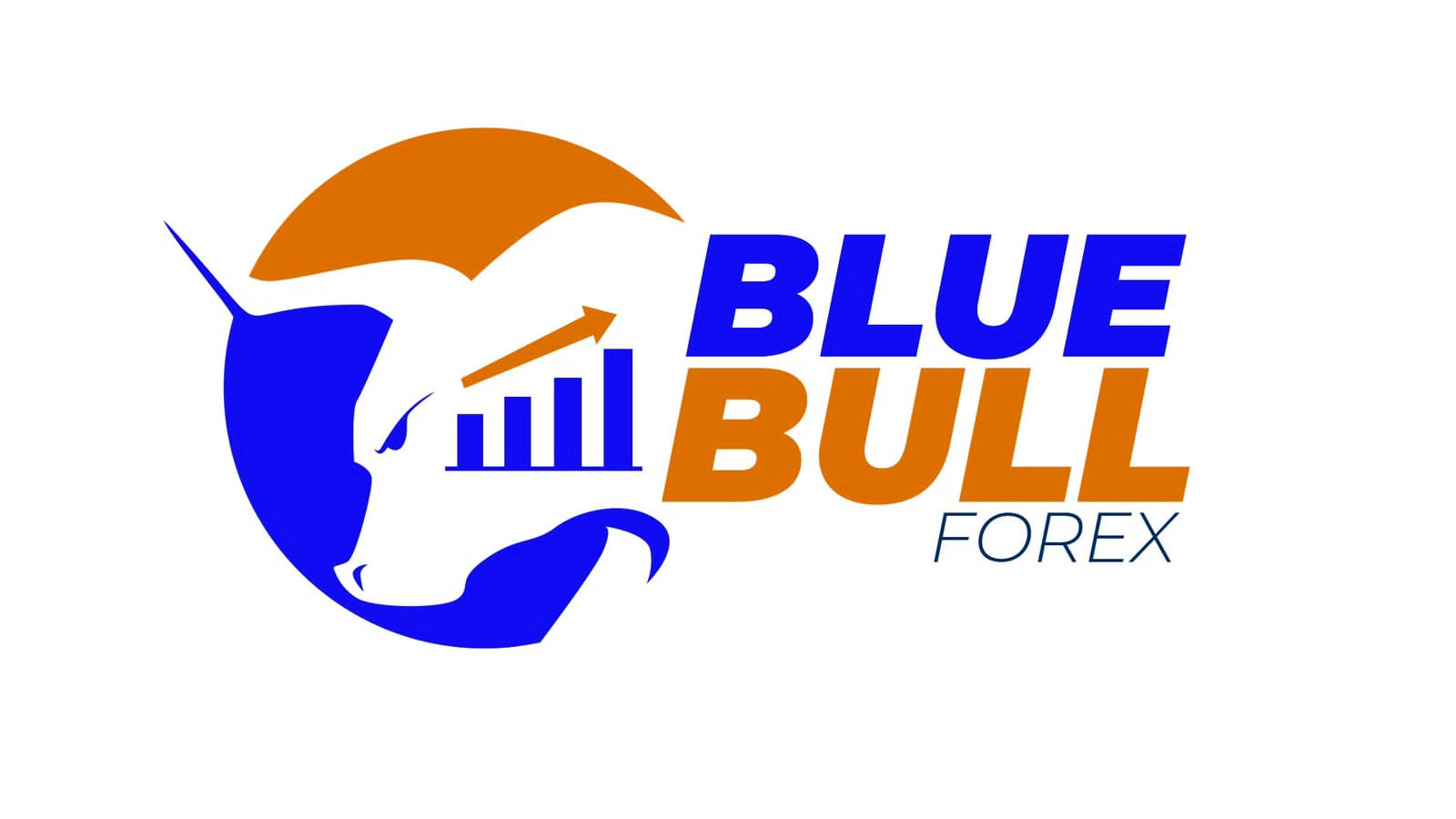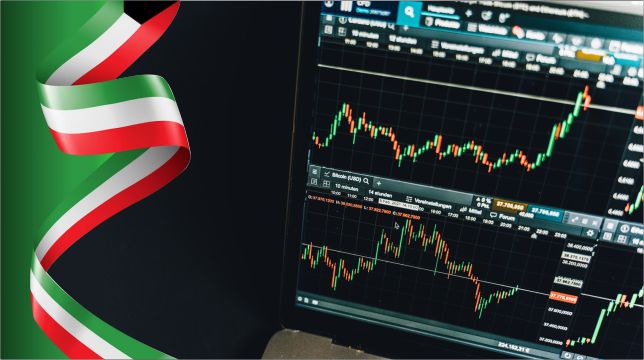🌍 Forex Trading in Africa: Challenges, Opportunities & What’s Next
📘 Introduction: The Rise of Forex in Africa
Over the last decade, forex trading has exploded across Africa. With increased smartphone penetration, mobile money platforms like M-PESA, and rising unemployment, more Africans are turning to online trading as a new path to financial freedom.
From Nigeria and Kenya to Ghana, South Africa, and Egypt, retail trading communities are growing fast — but so are the risks.
This article explores the realities of forex trading in Africa today: what’s working, what’s broken, and what’s next for African traders in 2025 and beyond.
🚧 Challenges Facing African Forex Traders
Despite its popularity, forex trading across Africa comes with unique challenges that often go unspoken.
❌ 1. Lack of Structured Education
Many African traders learn from:
-
Free YouTube videos (often shallow or conflicting)
-
Telegram signal groups (with no real strategy)
-
Scams disguised as mentorship programs
📉 Result: Thousands blow accounts because they lack foundational knowledge and structured learning.
💸 2. High Rate of Scams and Fake Brokers
Africa has become a hotspot for:
-
Pyramid trading schemes
-
Fake MT4 investment apps
-
Brokers with unrealistic profits and manipulated accounts
📌 Without financial regulation or awareness, many traders fall victim before they even place a real trade.
📉 3. Limited Access to Capital
While forex allows small accounts, most traders can’t afford:
-
Large drawdowns
-
Scaling to higher risk
-
Compounding into real income
Without prop firm access or proper funding models, many quit prematurely.
📴 4. Poor Internet Infrastructure & Power Outages
In parts of Africa, trading is interrupted by:
-
Power blackouts
-
Poor network signals
-
Limited access to tech devices
🧠 Solution: More mobile-based trading and offline support tools.
🎭 5. Cultural Misconceptions
Forex is still viewed by some as:
-
“Betting” or gambling
-
Get-rich-quick schemes
-
Haram or untrustworthy
This social stigma discourages serious learners or pushes them into risky behavior.
🌟 Opportunities for Forex Traders in Africa
While the challenges are real, so are the opportunities — especially for those with structure, mentorship, and the right mindset.
📱 1. Mobile Trading & Payments
Platforms like MT5 Mobile and mobile wallets like M-PESA, Flutterwave, and Paystack make it easier than ever to:
-
Fund accounts instantly
-
Trade on the go
-
Reach global markets from anywhere
🌍 Africa is one of the most mobile-ready trading regions in the world.
💼 2. Prop Firm Access is Growing
Top prop firms like FTMO, The 5%ers, and FundedNext now accept African traders — offering:
-
$10K–$200K funded accounts
-
No need for large startup capital
-
Scalable income without pressure
This is empowering talented African traders to finally compete globally.
📚 3. Rise of Local Forex Educators & Mentorship
Platforms like Blue Bull Forex Hub and others are making:
-
High-quality forex education accessible
-
Weekly mentorship, live trade reviews, and community support
-
Real-world skills over unrealistic expectations
This is creating Africa’s next generation of disciplined, funded, independent traders.
🧠 4. Mindset Shift Toward Long-Term Skill Building
Serious traders in Africa are moving from:
-
Signals ➝ Strategy
-
Gambling ➝ Journaling
-
Hype ➝ Habits
This mental shift is creating fewer gamblers and more professionals.
🔮 What’s Next for Forex Trading in Africa?
As Africa continues to digitize and connect, we expect the following in 2025 and beyond:
🔹 1. More Local Regulation & Broker Vetting
Governments and institutions will begin licensing brokers and shutting down fake ones — creating safer environments for retail traders.
🔹 2. Community-Driven Mentorship Models
More traders will seek collaborative mentorship, not isolation. Growth will happen in trading communities, not solo Telegram groups.
🔹 3. Forex as a Career Path
Forex trading will be seen not as gambling — but as a legitimate, skill-based career. More Africans will become:
-
Prop firm traders
-
Independent investors
-
Local mentors and educators
🔹 4. Partnerships with Brokers, Fintech, and EdTech
Africa will likely produce its own funded accounts, fintech-backed brokerages, and homegrown trading apps — tailored to local needs.
💡 Final Thoughts: Africa’s Forex Future Is Bright — But Needs Structure
Forex trading can absolutely change lives in Africa — but only when approached with discipline, education, and a community.
If you’re tired of guessing, blowing accounts, or hopping between signal groups…
📘 At Blue Bull Forex Hub, we’re building Africa’s most trusted forex training platform.
-
Weekly live lessons
-
Smart Money trading strategies
-
Community mentorship
-
Prop firm prep support
-
And lifetime access to a real trader network
👉 [Join Us Now] or [Chat with Us on WhatsApp]
🔎 FAQs
Q: Is forex trading legal in Africa?
A: Yes — in most countries. Traders should use regulated brokers and avoid unlicensed platforms.
Q: What’s the biggest forex community in Africa?
A: Nigeria and South Africa lead in size, but Kenya, Ghana, and Uganda are growing rapidly.
Q: Can I join a prop firm from Africa?
A: Yes. Firms like FTMO, The 5%ers, and FundedNext accept traders globally, including from Africa.
Q: What’s the best way to learn forex in Africa?
A: Join a mentorship program with structured training, live sessions, trade reviews, and community support.

